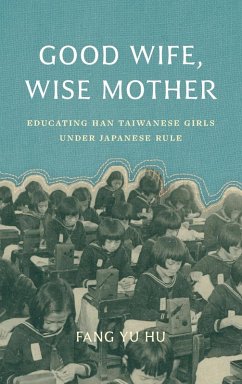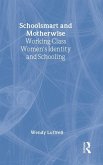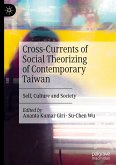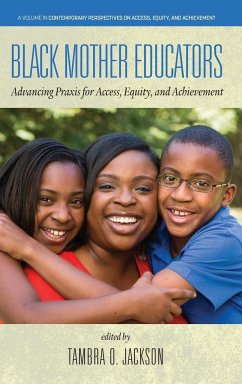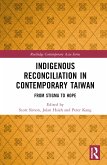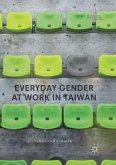Traces Japan's efforts to modernize Taiwan through gendered educational practices In Good Wife, Wise Mother, female education and citizenship serve as a lens through which to examine Taiwan's uniqueness as a colonial crossroads between Chinese and Japanese ideas and practices. A latecomer to the age of imperialism, Japan used modernization efforts in Taiwan to cast itself as a benevolent force among its colonial subjects and imperial competitors. In contrast to most European colonies, where only elites received an education, in Taiwan Japan built elementary schools intended for the entire population, including girls. In 1897 it developed a program known as ?Good Wife, Wise Mother? that sought to transform Han Taiwanese girls into modern Japanese female citizens. Drawing on Japanese and Chinese newspapers, textbooks, oral interviews, and fiction, Fang Yu Hu illustrates how this seemingly progressive project advanced a particular Japanese vision of modernity, womanhood, and citizenship, to which the colonized Han Taiwanese people responded with varying degrees of collaboration, resistance, adaptation, and adoption. Hu also assesses the program's impact on Taiwan's class structure, male-female interactions, and political identity both during and after the end of Japanese occupation in 1945. Good Wife, Wise Mother expands the study of Taiwanese history by contributing important gendered and nonelite perspectives. It will be of interest to any historian concerned with questions of modernity, hybridity, and colonial nostalgia.
Hinweis: Dieser Artikel kann nur an eine deutsche Lieferadresse ausgeliefert werden.
Hinweis: Dieser Artikel kann nur an eine deutsche Lieferadresse ausgeliefert werden.

